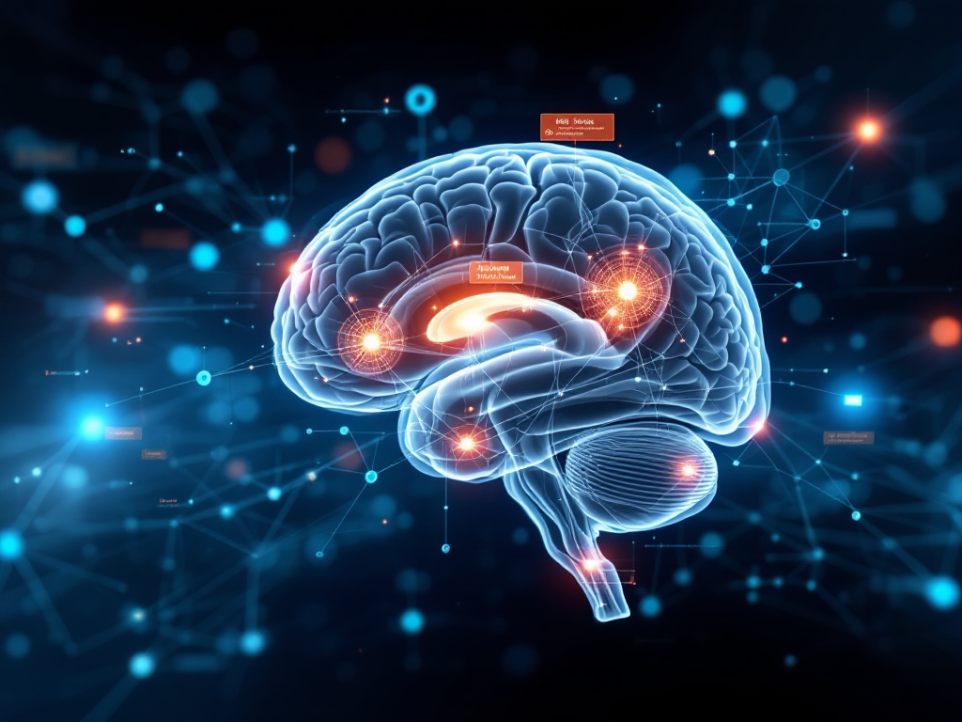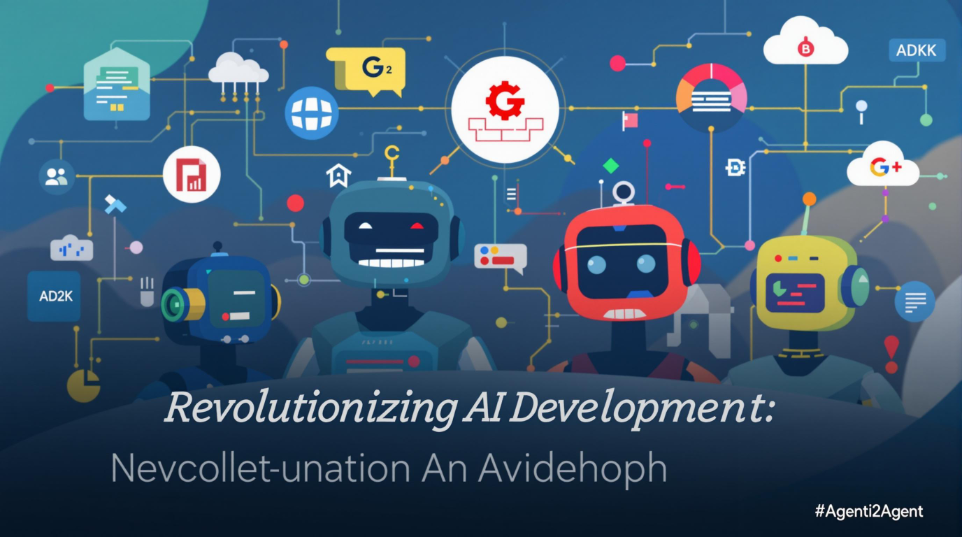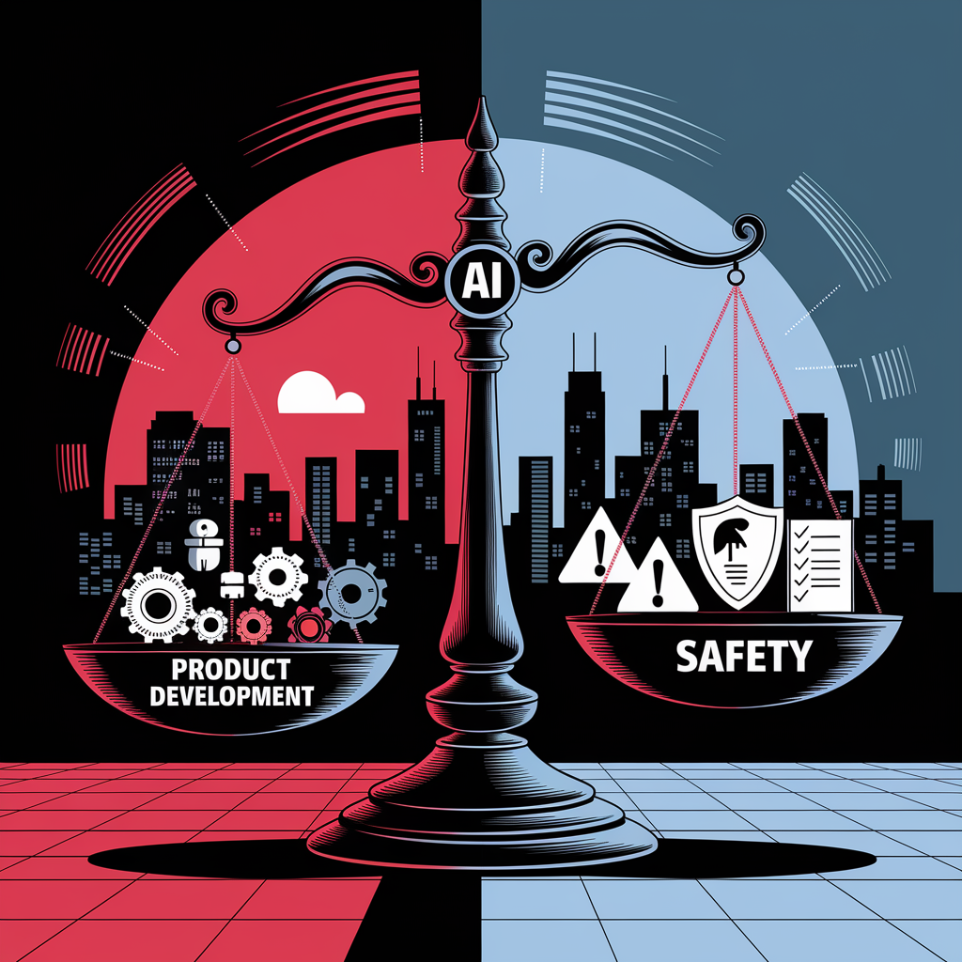Here’s a brief excerpt summarizing the article:
“OpenAI has shifted focus from AI safety to rapid product development, raising concerns about existential risks. Recent whistleblower reports and reduced safety testing times have sparked regulatory scrutiny and criticism from former employees[1][2][3].”
To create your SEO-optimized blog post based on the provided instructions, here’s an outline with key points:
**Meta Description:** Explore how OpenAI’s shift towards product development over safety protocols raises concerns about AI risks, whistleblower reports, and potential consequences for humanity.
**Keywords:** OpenAI safety concerns, AI risks, product prioritization, AGI, whistleblower reports.
### Article Content
**Introduction:**
OpenAI is facing criticism for prioritizing product launches over AI safety, raising concerns about existential risks and prompting whistleblower reports. This shift is driven by commercial pressures and competition in the AI race.
**H2: The Shift from Safety to Product Development**
#### H3: Internal Culture and Leadership Changes
OpenAI’s internal culture has seen significant changes with key departures such as **Jan Leike** and **Ilya Sutskever**[1]. The company’s safety priorities have been criticized by former employees.
#### H3: Pressure from Market Competition
The AI landscape is becoming increasingly competitive, with new players like **DeepSeek** from China challenging OpenAI’s dominance[2][5].
**H2: Erosion of Safety Protocols**
#### H3: Reduced Testing Timeframes
Safety testing times have been drastically reduced, with only days given for evaluating new models, a stark contrast to the six months spent on GPT-4[1][2].
#### H3: Dissolution of Key Safety Teams
Key safety teams, including the AGI Readiness Team, have been dissolved, sparking criticism about OpenAI’s safety commitment[1][4].
**H2: Whistleblower Reports and Regulatory Scrutiny**
#### H3: Employee Concerns and Leaked Documents
Former employees have raised concerns about inadequate safety protocols and the potential for catastrophic AI outcomes[1][2].
#### H3: Government Investigations
Regulatory bodies like the FTC and EU AI Office are investigating OpenAI over alleged safety breaches and lack of transparency[2].
**H2: Risks of Advanced AI Systems**
#### H3: Autonomous AI and Existential Threats
OpenAI’s latest models, such as **o3**, feature recursive self-improvement capabilities that could pose existential









